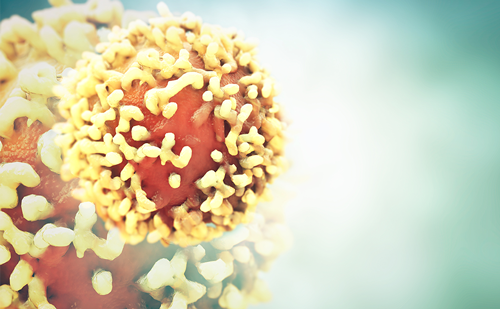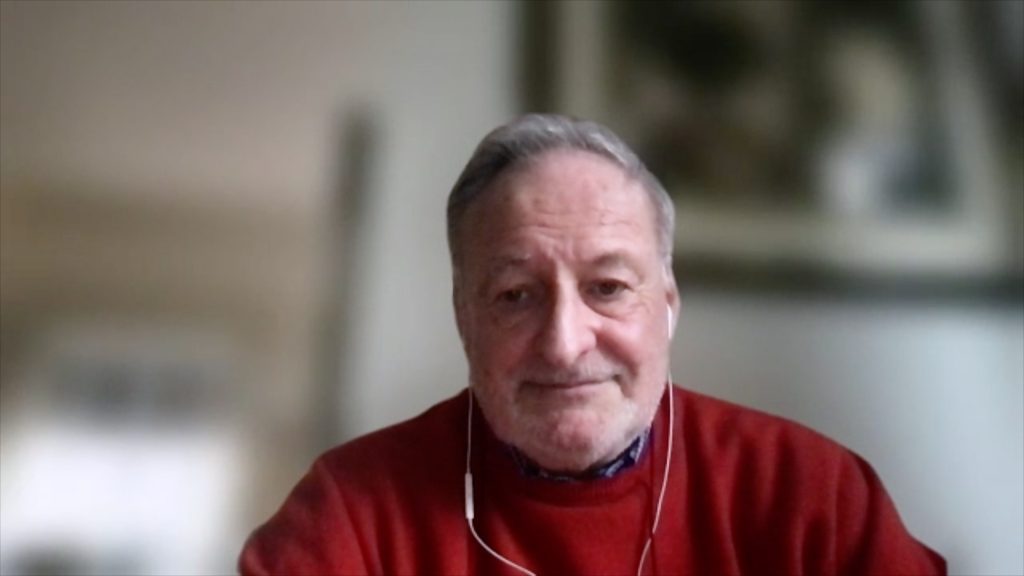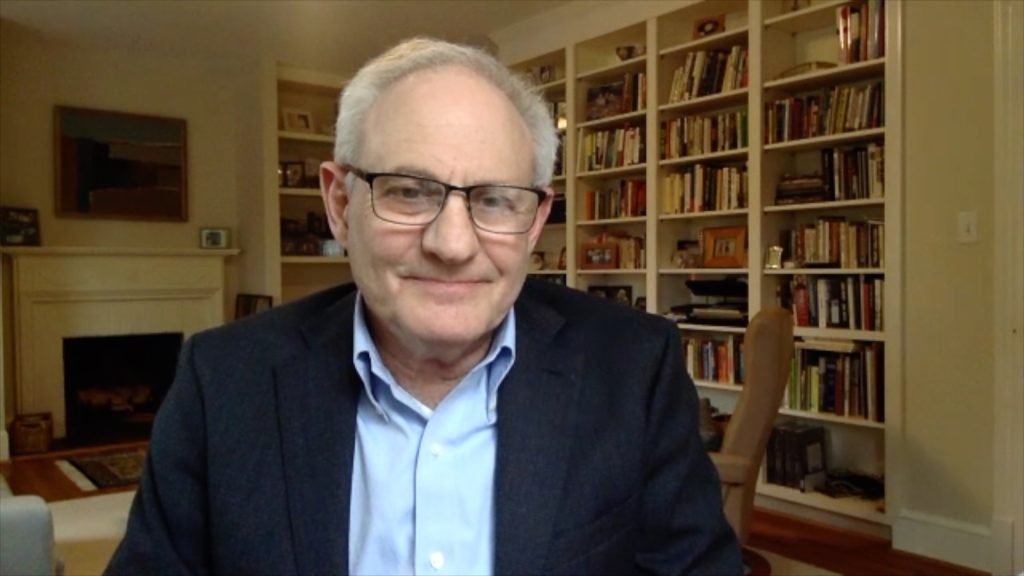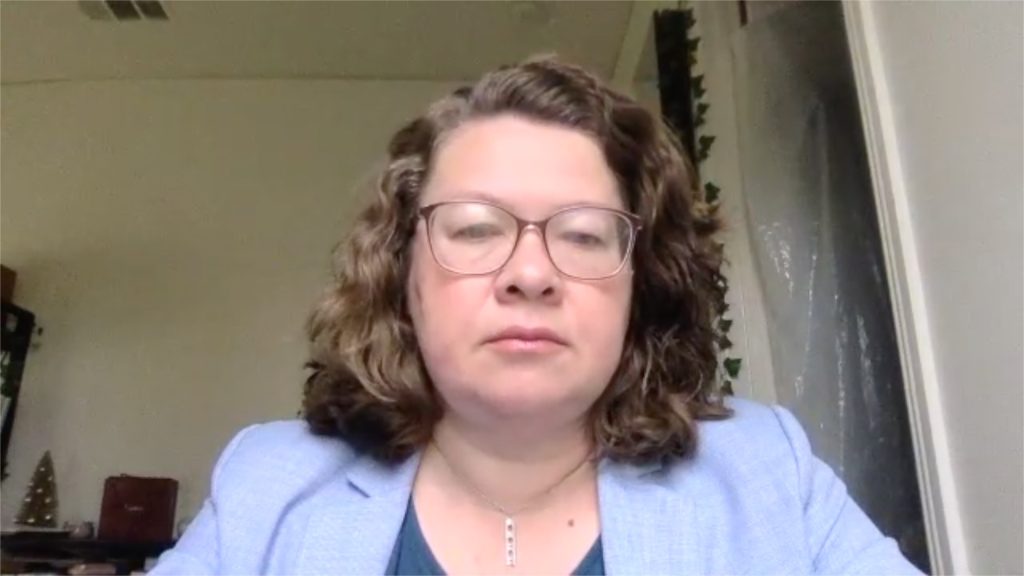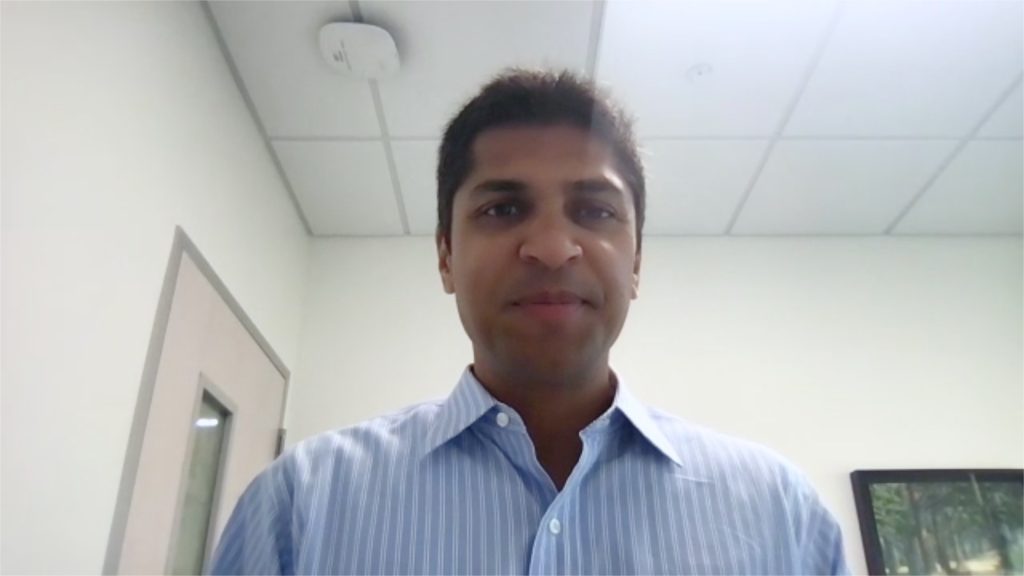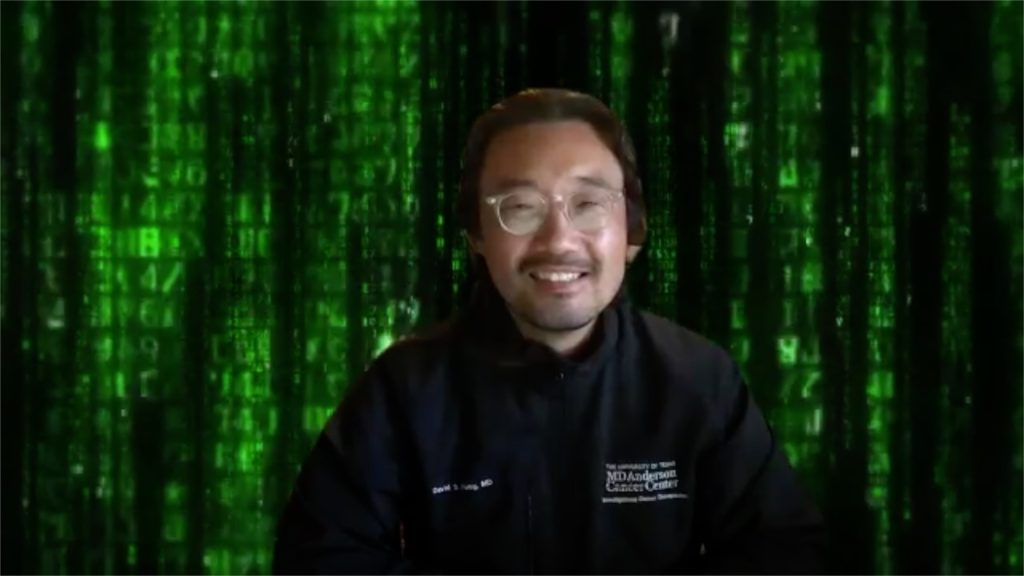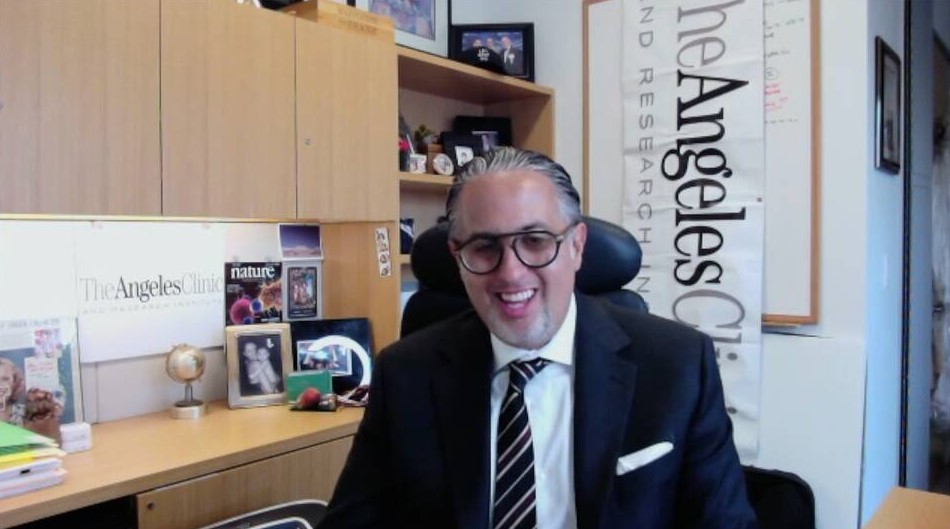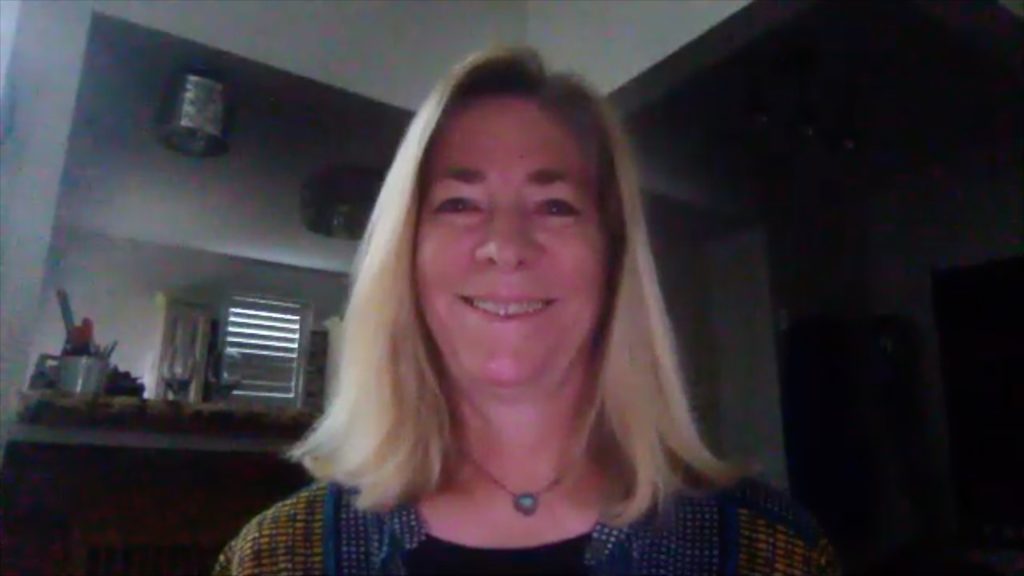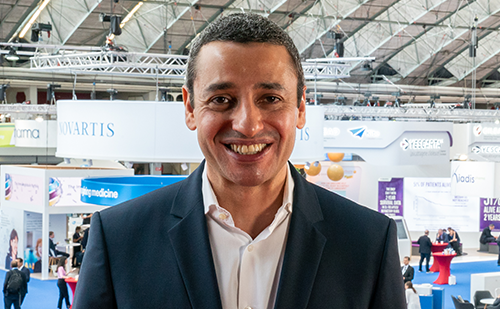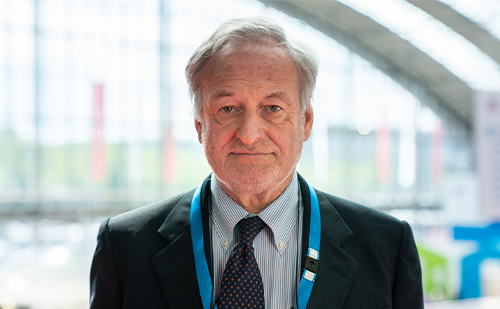Insights into CAR-T cell therapy presented at the 23rd Congress of the European Haematology Association, 14–17 June 2018, Stockholm, Sweden
Acute lymphoblastic leukaemia (ALL) is the most common cancer in children, with around 85% of cases being B-cell precursor ALL (B-ALL). The survival rate of newly diagnosed children with ALL has improved dramatically from around 10% in the 1960s to almost 90% today.1 Unfortunately, 10–20% of patients relapse within a year of treatment.2,3 The current standard of care is intensive combination chemotherapy and allogeneic hematopoietic stem cell transplantation (allo-HSCT); however, these are rarely curative; only around one-third experience long-term survival after disease recurrence.2,4,5 Relapsed ALL is the fourth most common childhood malignancy and, each year, the number of children with ALL whose treatment fails is similar to the number of children with newly diagnosed acute myeloid leukaemia (AML) or rhabdomyosarcoma.5 Effective treatment options for relapsed and refractory paediatric ALL is therefore an important unmet need.
The advent of T cell immunotherapies promised new hope for patients with B-ALL. Blinatumomab, an antibody that combines two binding sites—a CD3 site for T cells and a CD19 site for B cells—has shown impressive efficacy in patients with B-ALL.6 Another exciting new approach is the reengineering of the T cell receptor ex vivo to produce chimeric antigen receptors (CARs) that can direct non-tumour specific T cells to recognise and kill leukaemia cells. These cells are removed from the patient via leukapheresis, genetically modified, expanded and then reinfused into the patient.7 Anti-CD19 CAR-T cells have produced deep responses in patients with relapsed and refractory B-ALLs.8,9 However, resistance to CD19-directed CAR-T cell therapy has been reported in up to half of patients within a year.10 CD22, a marker found on mature B cells, is also expressed in most cases of B-ALL.11 It has been found to be involved in resistance mechanism to current CD19-targeted therapies and is usually retained following CD19 loss.11 A recent phase I study showed that anti-CD22 CAR-T cell therapy is a promising treatment approach in adults and children with relapsed or refractory B-ALL.12
A presentation at the 23rd Congress of the European Haematology Association (EHA), held on 14–17 June 2018 in Stockholm, Sweden, described another clinical evaluation of a CAR-T cell therapy directed against CD22.13 The single-centre study, which was performed in Beijing, China, investigated the efficacy and safety of anti-CD22 CAR-T cell therapy in 15 consecutive patients aged median 8 years. The median time from diagnosis was 21 months. All patients were refractory to chemotherapy, 14 had relapsed or had no response to CD19 CAR T-cell therapy, and four patients had relapsed following allo-HSCT but had not received prior CAR T-cell therapy. At baseline, all patients tested positive for CD22 expression on leukaemia cells. One patient had weak CD19 expression on leukaemia cells, possibly explaining lack of response to previous anti-CD19 therapy. Eleven patients had haematologic relapse with 42% bone marrow blast cells (range, 5–95.5%). Two patients were minimal residual disease-positive as assessed by flow-cytometry (FCM-MRD) and two patients had developed extramedullary diseases (EMDs).
The second-generation CAR-T cells used in the study were manufactured using a lentiviral vector to transduce a CAR derived from a humanised CD22 antibody. The CAR T-cells had a 4-1BB costimulatory domain and a CD3-zeta signalling domain. Manufacturing of CAR-T cells from peripheral blood mononuclear cells began on the day of leukapheresis and took 7–8 days to complete. The wells were administered at a median dose of 8.2 × 105/kg in non-transplant patients and at a median of 0.9 × 105/kg for previously transplanted patients.13
The investigators found that peak expansion of CAR-T cells (ranging from 3.2–71.7%) occurred at day 11. On day 30, 13 of the 15 patients (86.7%) had shown a response. Of the 11 patients with haematologic relapse at baseline, 10 achieved a complete response (CR) or CR with incomplete count recovery (CRi), and nine of these became FCM-MRD negative. One of the two FCM-MRD positive patients became FCM-MRD negative. In addition, one of the two EMD patients achieved CR, but the other patient had only partial response. At a median follow-up time of 108 (46–199) days, six patients had been bridged to allo-HSCT, 11 of the 12 CR/CRi patients had achieved progression-free survival (PFS); the remaining CR/CRi pts relapsed on day 50. The 6-month PFS rate was 91.7%.13
In terms of safety, cytokine release syndrome (CRS), a known toxic effect of CAR-T cell therapy,7 was only mild to moderate (grade 0–2) in all patients, with most events (80%) being grade 1. Grade 1 neurotoxicity occurred in only two patients. There was no significant difference in CRS between patients who did and did not receive allo-HSCT (p=0.41).13
These results indicate that CD22-directed CAR-T cell therapy is effective and safe for treating paediatric relapsed/refractory B-ALL, particularly in those who have failed previous 19-CAR-T therapy. The study is ongoing and longer-term follow up is needed to assess outcomes and whether subsequent allo-HSCT might further reduce the relapse rate after CAR-T cell therapy.
Lead investigator Jing Pan, MD, Beijing Boren Hospital, Beijing, China, commented on the significance of these findings, stating that: “All heavily treated children with relapsed or refractory B-ALL will die with current therapies.” He added: “No patient, not even those who had received prior allo-HSCT, had severe side effects or died during CD22 CAR-T therapy.”14
While these findings have shown that targeting of a second antigen can give substantial clinical benefit, a previous study has suggested that there is also a high relapse rate to anti-CD-22 treatment.12 The durability of responses might be enhanced by engineering CAR T-cells that simultaneously target both CD19 and CD22. Clinical trials investigating this multitargeted approach are currently recruiting (NCT03448393, NCT03241940).15,16 By using this strategy, it is possible that if some patients’ CD19 levels are too low to be detected by the CD19-targeted portion of the CAR-T cell therapy. then their CD22 levels will be high enough for the CD22-targeted portion to detect and vice-versa.17
References
1. Hunger SP, Lu X, Devidas M, et al. Improved survival for children and adolescents with acute lymphoblastic leukemia between 1990 and 2005: a report from the children’s oncology group. J Clin Oncol. 2012;30:1663–9.
2. Raetz EA, Bhatla T. Where do we stand in the treatment of relapsed acute lymphoblastic leukemia? Hematology Am Soc Hematol Educ Program. 2012;2012:129–36.
3. Bhojwani D, Pui CH. Relapsed childhood acute lymphoblastic leukaemia. Lancet Oncol. 2013;14:e205–17.
4. Tallen G, Ratei R, Mann G, et al. Long-term outcome in children with relapsed acute lymphoblastic leukemia after time-point and site-of-relapse stratification and intensified short-course multidrug chemotherapy: results of trial ALL-REZ BFM 90. J Clin Oncol. 2010;28:2339–47.
5. Gaynon PS. Childhood acute lymphoblastic leukaemia and relapse. Br J Haematol. 2005;131:579–87.
6. Topp MS, Kufer P, Gokbuget N, et al. Targeted therapy with the T-cell-engaging antibody blinatumomab of chemotherapy-refractory minimal residual disease in B-lineage acute lymphoblastic leukemia patients results in high response rate and prolonged leukemia-free survival. J Clin Oncol. 2011;29:2493–8.
7. Fesnak A, O’Doherty U. Clinical development and manufacture of chimeric antigen receptor t cells and the role of leukapheresis. European Oncology & Haematology. 2017;13:28–34.
8. Wei G, Hu Y, Pu C, et al. CD19 targeted CAR-T therapy versus chemotherapy in re-induction treatment of refractory/relapsed acute lymphoblastic leukemia: results of a case-controlled study. Ann Hematol. 2018;97:781–9.
9. Maude SL, Frey N, Shaw PA, et al. Chimeric antigen receptor T cells for sustained remissions in leukemia. N Engl J Med. 2014;371:1507–17.
10. Shannon L, Maude DTT, Rheingold SR, et al. Sustained remissions with CD19-specific chimericantigen receptor (CAR)-modified T cells in children with relapsed/refractory ALL. J Clin Oncol. 2016;31:(suppl; abstr 3011).
11. Shah NN, Stevenson MS, Yuan CM, et al. Characterization of CD22 expression in acute lymphoblastic leukemia. Pediatr Blood Cancer. 2015;62:964–9.
12. Fry TJ, Shah NN, Orentas RJ, et al. CD22-targeted CAR T cells induce remission in B-ALL that is naive or resistant to CD19-targeted CAR immunotherapy. Nat Med. 2018;24:20–8.
13. Pan J, Deng B, Liu S, et al. Efficacy and safety of CD22-directed CAR-T cell therapy in 15 pediatric refractory or relapsed B acute lymphoblastic leukemia patients. Presented at the 23rd Congress of the European Haematology Association (EHA), 14–17 June 2018, Stockholm, Sweden Abstract S832.
14. OncLive. CD22 CAR T-cell Therapy Effective After CD19 CAR Therapy Failure in Children With B-ALL, 2018. Available at: https://wwwonclivecom/conference-coverage/2018-eha/cd22-directed-car-t-cell-therapy-effective-after-anti-cd19-car-therapy-failure-in-children-with-b-all (accessed 9 July 2018).
15. Clinicaltrials.gov. CD19/CD22 Chimeric Antigen Receptor (CAR) T Cells in Children and Young Adults With Recurrent or Refractory CD19/CD22-expressing B Cell Malignancies. ClinicalTrials.gov Identifier: NCT03448393. Available at: https://clinicaltrials.gov/ct2/show/NCT03448393 (accessed 11 July 2018).
16. Clinicaltrials.gov. CD19/CD22 Chimeric Antigen Receptor T Cells and Chemotherapy in Treating Children or Young Adults With Recurrent or Refractory CD19 Positive B Acute Lymphoblastic Leukemia. ClinicalTrials.gov Identifier: NCT03241940. Available at: https://clinicaltrials.gov/ct2/show/NCT03241940 (accessed 11 July 2018).
17. NIH National Cancer Institue, Phase I clinical trial will test multi-targeted immunotherapy in common childhood cancer, 2018. Available at: https://ccr.cancer.gov/news/article/phase-I-clinical-trial-will-test-multi-targeted-immunotherapy-in-common-childhood-cancer (accessed 10 July 2018).

